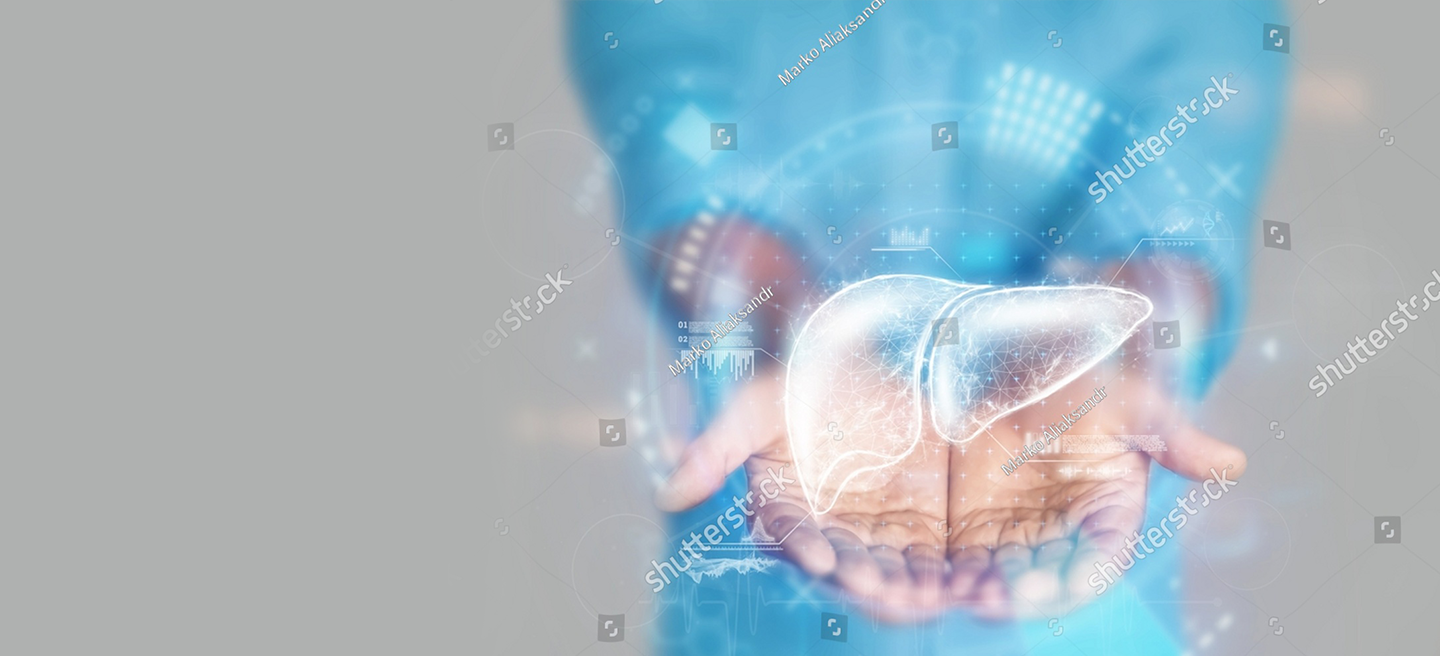Reviving the doctor patient relationship – Dr. Nitin Tiwari, Cardiologist, Wockhardt Hospitals, Nagpur.
Heart attack is the leading cause of death in the world with India being the epicenter of it. Even younger people in their 20’s and 30’s nowadays are getting heart attacks said Dr. Nitin Tiwari (Sr. Interventional Cardiologist) working in Wockhardt Hospitals in Nagpur for the last 15 years. The youngest patient he has done angioplasty is a 23 years old student.
Primary angioplasty is an emergency angioplasty which if done within the first 90 minutes of a heart attack (door to balloon time less than 90 minutes) can save the heart muscle from getting damaged permanently and save a precious life.
Dr. Tiwari emphasized “I do not treat a heart or an artery, but a sick human being. There is an art to medicine: Warmth, sympathy, and understanding may outweigh the surgical knife or the chemist’s drug.” So what are the feelings that the patient undergoes after a heart attack? Dr. Nitin Tiwari said, in my experience of 20 years. During a heart attack, the patient has feelings of denial (why me?), anger, frustration, fear, and anxiety. Then there are common questions like Will I survive? Will I be able to work again? Will I be able to play my favorite sport? How much life do I have? Will I have a second heart attack? And so on. He said that just by doing an angioplasty you are just healing the heart but not the patient. Here comes the role of a good doctor–patient relationship. This unique relationship encompasses 4 key elements: mutual knowledge, trust, loyalty, and regard. Knowledge refers to the doctor’s knowledge of the patient as well as the patient’s knowledge of the doctor. Trust involves the patient’s faith in the doctor’s competence and caring, as well as the doctor’s trust in the patient and his beliefs and report of symptoms. Loyalty refers to the patient’s willingness to forgive a doctor for any inconvenience or mistake and the doctor’s commitment not to abandon a patient. Regard implies that the patients feel as though the doctor likes them as individuals and is “on their side”. These 4 elements constitute the foundation of the doctor-patient relationship.
Dr. Nitin Tiwari said there are 4 types of patients:
The first ones are ignorant who have 100% faith in the doctors and go by their decision.
The second one has informed patients with some science background. They are aware of illness and wellness and need proper counseling.
Third, are google friendly ones who not only like to be counseled but also want to be a part of shared decision making.
Fourth are the most important and enlightened patients who believe in taking multiple opinions both nationally and internationally and believe more on Google than on an individual opinion.
All categories may get hurt if their respective trust is lost. Their expectations are also different.
Trust is the most important element of any doctor-patient relationship. But unfortunately, it is on the ebb. Dr. Tiwari recalled the old song of Oscar awardee writer and singer Bob Dylan. “The Times they are changing “.
In a study by Bennett et.al, it was found that the patients who trust and “like “their doctor had higher levels of satisfaction. Ratings of doctor’s friendliness, warmth, emotional support, and caring have been associated with patient satisfaction.
Dr. Tiwari also added that giving adverse comments about other doctors (professional jousting) is also rampant and it benefits neither the doctor nor the patient.
In fact, a study found that 2/3 rd of the patients didn’t like it if the doctor criticized his previous doctor, and only 1/3 rd approved of it.
So in today’s changing world what are the key points which any patient should remember-
1) Trust your doctor. He is not God But trust and prayers have been shown to improve healing.
2) Give yourself time to absorb the bad news, create a support system, educate yourself, take a deep breath and look ahead.
3) Be positive, be optimistic as studies have proven that people with serious diseases like cancer, heart disease, and AIDs recover faster and cope better if they have a positive attitude.
4) Don’t fall into the trap of quacks that give you a 100% guarantee for recovery to the extent of removing blockages without angioplasty. Don’t fall prey to fake news on Whatsapp and other social media.
5) Use your pain for good. Many people with heart attacks say that they consider their illness to be “a gift”. The illness taught them to value each day, appreciate the moment, and get their priorities right. “ There is an end to life, but not to the greed for money ! ”.
6) An Australian nurse had interviewed end stage disease patients and found the top regrets they had in their lives were :
- I was too hard on myself and worked too much.
- I did not do enough for my fitness.
- I did not give enough time to my family.
- I did not give time for my hobbies.
- I did not travel much.
- I did not save money for my retirement.
So to conclude, Dr. Nitin Tiwari said “ We fall, we break, we fail. But then we rise, we heal we overcome”. As written by the famous poet John Keats,” What is this life if full of care, we have no time to stand and stare !”. So live life to the fullest, but a healthy one!


















